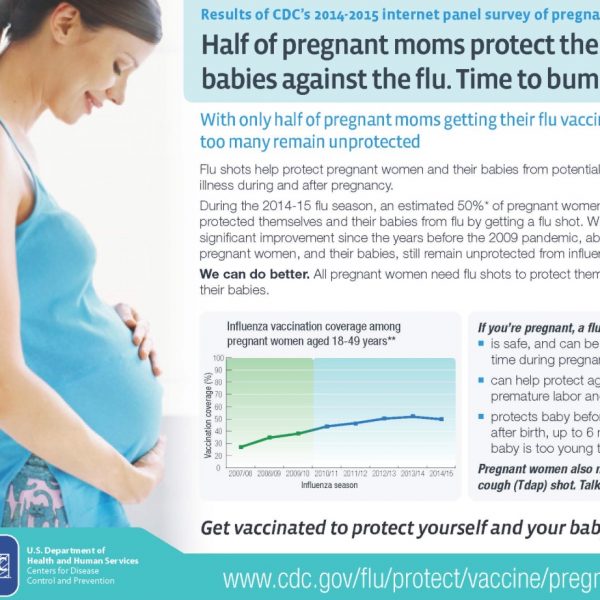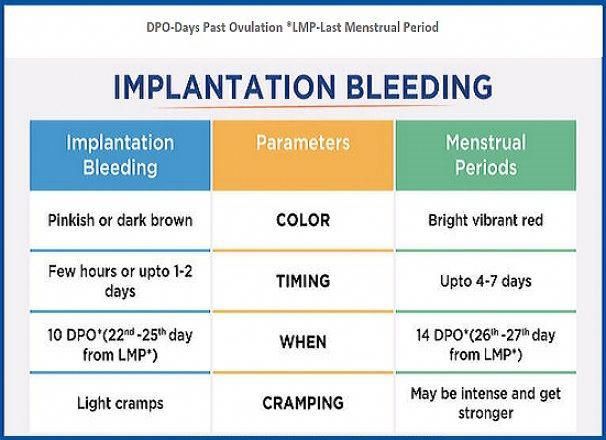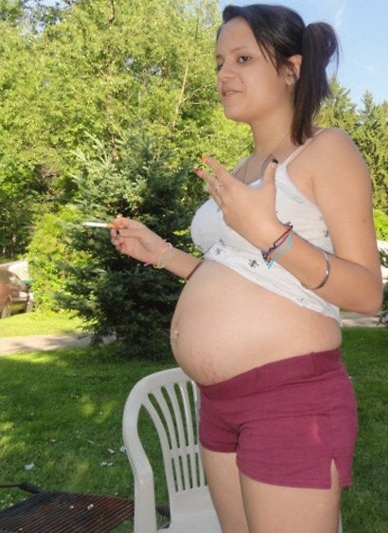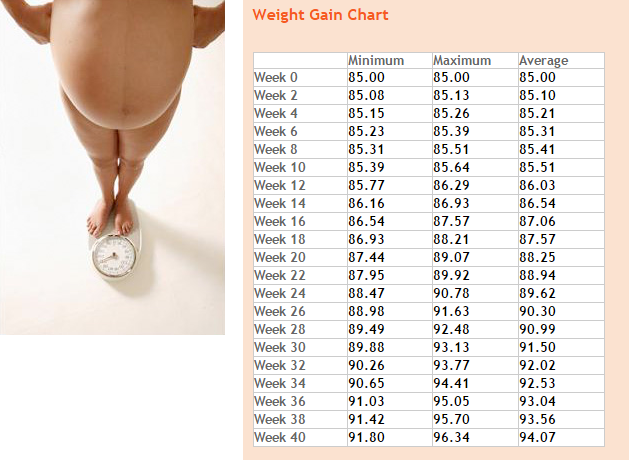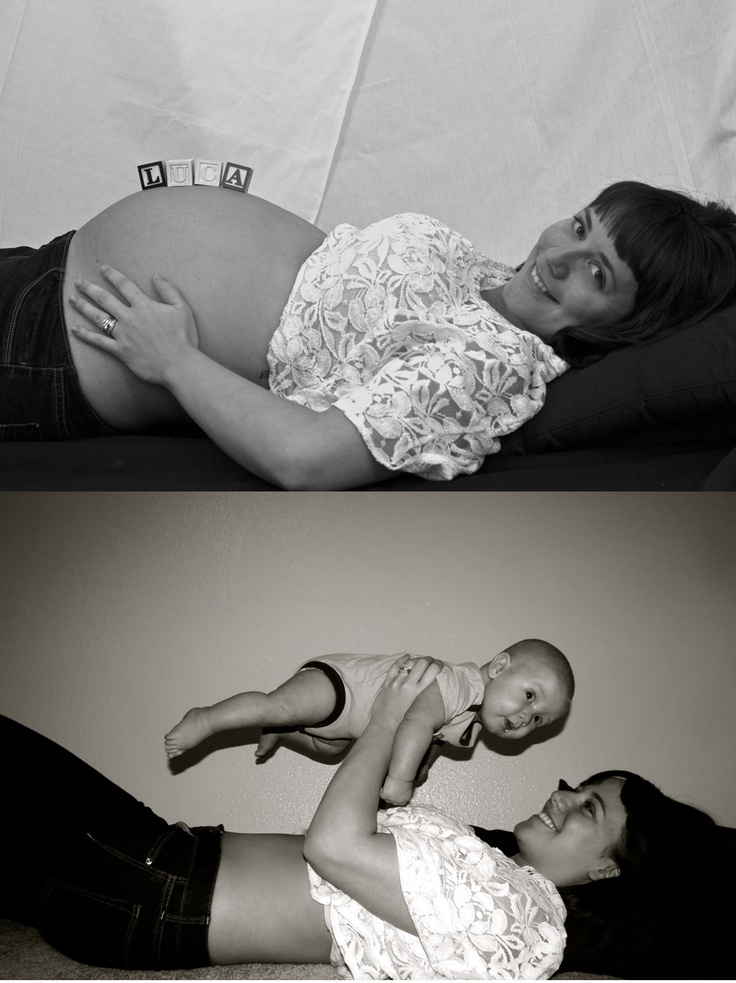Coffee during pregnancy third trimester
Can pregnant women drink coffee? Learn about caffeine and pregnancy
Can pregnant women drink coffee? What about having other caffeinated beverages or foods? When it comes to caffeine and pregnancy, experts advise women to limit their intake to less than 200 milligrams per day, which is about one cup of coffee. It's a good idea to cut back on caffeine during pregnancy as much as you can, though, because even smaller amounts could affect your baby. Caffeine can add up fast in various foods and beverages, and different brands of coffee have very different amounts, so use our caffeine chart below to avoid getting too much.
Can pregnant women drink coffee?
The short answer is yes, pregnant women can drink coffee. However, it's important to watch your consumption of coffee, and caffeine overall, during pregnancy. Caffeine can affect your pregnancy and your baby in ways that aren't completely clear.
The American College of Obstetricians and Gynecologists (ACOG) advises pregnant women to limit their caffeine intake to less than 200 milligrams per day, which could be as little as one 8-ounce cup of coffee, depending on the brand. See the chart below to get an idea of how much caffeine is in different foods and drinks.
How much caffeine is safe during pregnancy?
Although the official recommendation is 200 mg or less a day, some experts believe that even moderate amounts of caffeine during pregnancy can introduce risks.
Previously, studies have linked high caffeine consumption (more than 200 mg a day) to babies being small for their gestational age or at risk for intrauterine growth restriction (IUGR). But researchers at the National Institutes of Health recently found that women who drank less than 200 mg of caffeine a day during pregnancy – as little as half a cup of coffee per day – had slightly smaller babies than non-caffeine drinkers.
Researchers noted that caffeine is believed to cause blood vessels in the uterus and placenta to constrict, which could reduce the blood supply to the fetus and inhibit growth. They also said that caffeine could potentially disrupt fetal stress hormones, putting infants at risk for rapid weight gain after birth and for obesity, heart disease and diabetes later in life.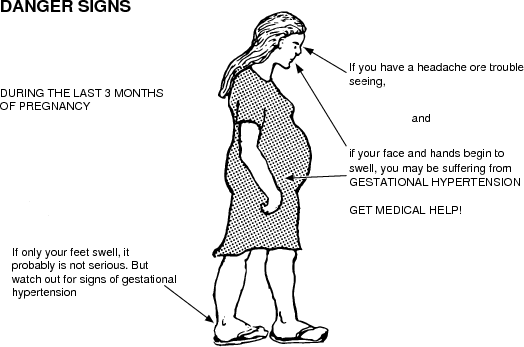
However, other studies have found no link between moderate caffeine consumption in pregnancy (less than 200 mg a day) and problems such as low birth weight, IUGR, miscarriage, or premature birth. That's why moderate caffeine consumption during pregnancy gets the okay from most ob-gyns and midwives.
Still, because the research isn't settled, it's a good idea to limit your caffeine consumption as much as possible during pregnancy, and to stay within the recommended 200-mg-a-day limit.
Effects of caffeine during pregnancy
When you drink a cup of coffee, caffeine crosses the placenta into the amniotic fluid and your baby's bloodstream. While your body goes to work metabolizing and getting rid of the caffeine, your baby's body is still developing and takes a much longer time to process the caffeine. As a result, your baby is exposed to the effects of caffeine for much longer than you are.
Even if caffeine doesn't usually cause problems for you, you may find that it doesn't agree with you during pregnancy.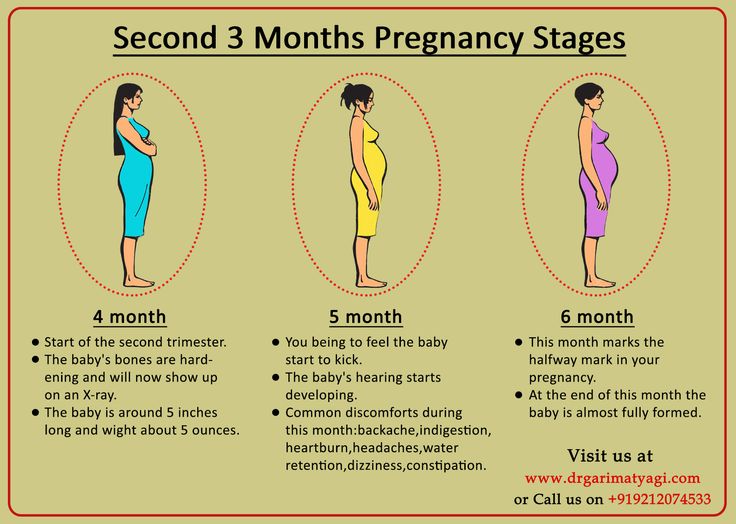 It's a stimulant, so it can raise your heart rate and blood pressure. Plus, it can make you feel jittery and cause insomnia. Caffeine can exacerbate pregnancy issues like heartburn and frequent urination, too.
It's a stimulant, so it can raise your heart rate and blood pressure. Plus, it can make you feel jittery and cause insomnia. Caffeine can exacerbate pregnancy issues like heartburn and frequent urination, too.
Advertisement | page continues below
The effects of caffeine may be more noticeable as your pregnancy progresses. That's because your body's ability to break down caffeine slows, so you end up with a higher level of it in your bloodstream. During the second trimester, it takes almost twice as long to clear caffeine from your body as when you're not pregnant. During the third trimester, it takes nearly three times as long. This can also mean that more caffeine crosses the placenta and reaches your baby, who can't process it efficiently.
There's one more reason to cut back on coffee and tea, whether it's caffeinated or not. These beverages contain compounds that make it harder for your body to absorb iron. This is important because many pregnant women are already low on iron.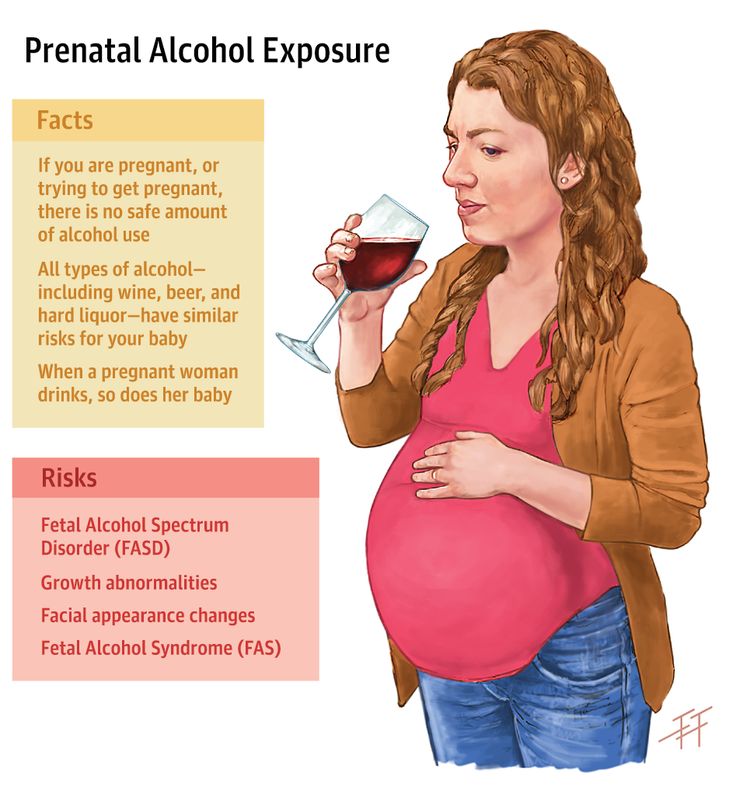 If you have coffee or tea, drink it between meals so it'll have less of an effect on your iron absorption.
If you have coffee or tea, drink it between meals so it'll have less of an effect on your iron absorption.
Wondering when you can get back to enjoying your regular caffeine habit? It depends. Some caffeine can cross to your baby in breast milk, which is why it's also a good idea to limit caffeine if you're breastfeeding, especially for the first few months.
Which foods and beverages contain caffeine?
Caffeine is in a lot more things than just coffee, and the amount of caffeine varies widely among products, and even among brands. Pay attention to the kinds of foods and drinks you're having throughout the day (and how much of them) so you can be aware of how much caffeine you're really consuming.
To manage your caffeine intake, you'll need to be aware of all sources, like tea, soft drinks, energy drinks, chocolate, and coffee ice cream. Caffeine also shows up in herbal products and over-the-counter medications, including some headache, cold, and allergy remedies.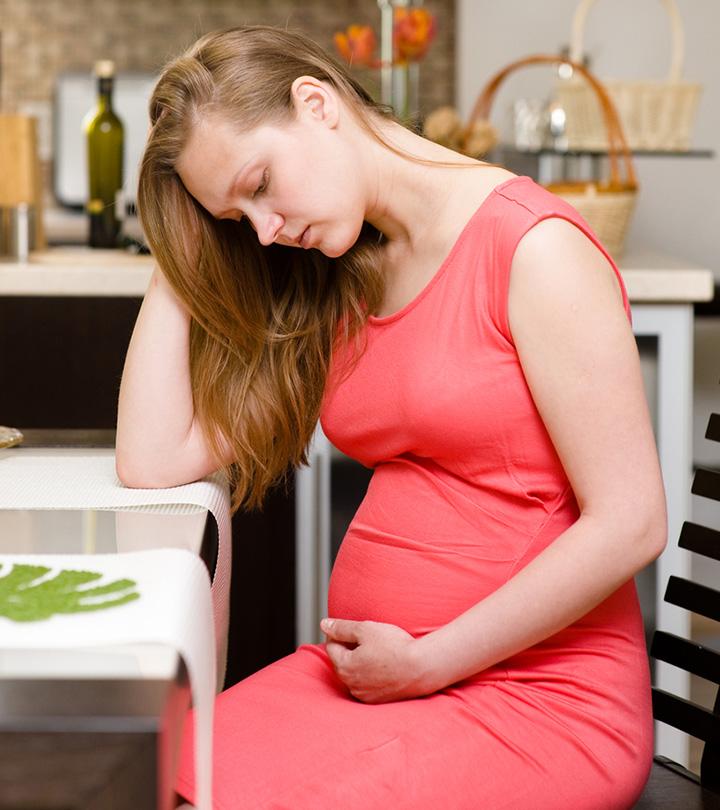 Read labels carefully.
Read labels carefully.
The amount of caffeine in a serving of coffee varies widely, depending on the type of bean, how it's roasted, how it's brewed – and, obviously, on the size of the cup. (Although espresso contains more caffeine per ounce, it's served in a tiny cup. So a full cup of brewed coffee will actually deliver more caffeine.)
Amount of caffeine in common foods and beverages
| Coffee | Amount | Caffeine |
|---|---|---|
| coffee, generic | 8 oz | 95-200 mg |
| coffee, McDonalds | 16 oz | 145 mg |
| coffee, Peets | 16 oz | 260 mg |
| coffee, Starbucks | 16 oz | 260-360 mg |
| coffee, Dunkin' | 14 oz | 210 mg |
| caffe Americano, Starbucks | 16 oz | 225 mg |
| coffee, Dunkin' cold brew | 14 oz | 260 mg |
| coffee, Starbucks iced | 16 oz | 165 mg |
| caffe latte, Starbucks | 16 oz | 150 mg |
| espresso, Starbucks | 1. 5 oz (1 shot) 5 oz (1 shot) | 150 mg |
| flat white, Starbucks | 12 oz | 130 mg |
| espresso, generic | 1 oz (1 shot) | 64 mg |
| Nespresso capsules | 1 | 60 mg |
| coffee, generic instant | 8 oz | 75 mg |
| coffee, Starbucks decaffeinated | 16 oz | 25 mg |
| coffee, generic decaffeinated | 8 oz | 2-15 mg |
| Tea | Amount | Caffeine |
|---|---|---|
| chai latte, Starbucks | 16 oz | 95 mg |
| black tea, brewed | 1 bag | 55-95 mg |
| green tea, brewed | 1 bag | 45-95 mg |
| black tea, decaffeinated | 1 bag | <5 mg |
| Tazo Iced Black Tea | 14 oz | 31-45 mg |
| Honest T Organic Just Black T | 17 oz | 86 mg |
| Snapple Lemon Tea | 16 oz | 37 mg |
| Lipton Lemon Iced Tea | 17 oz | 21 mg |
| Soft drinks | Amount | Caffeine |
|---|---|---|
| Pepsi Zero Sugar | 12 oz | 69 mg |
| Mountain Dew | 12 oz | 54 mg |
| Diet Coke | 12 oz | 46 mg |
Dr.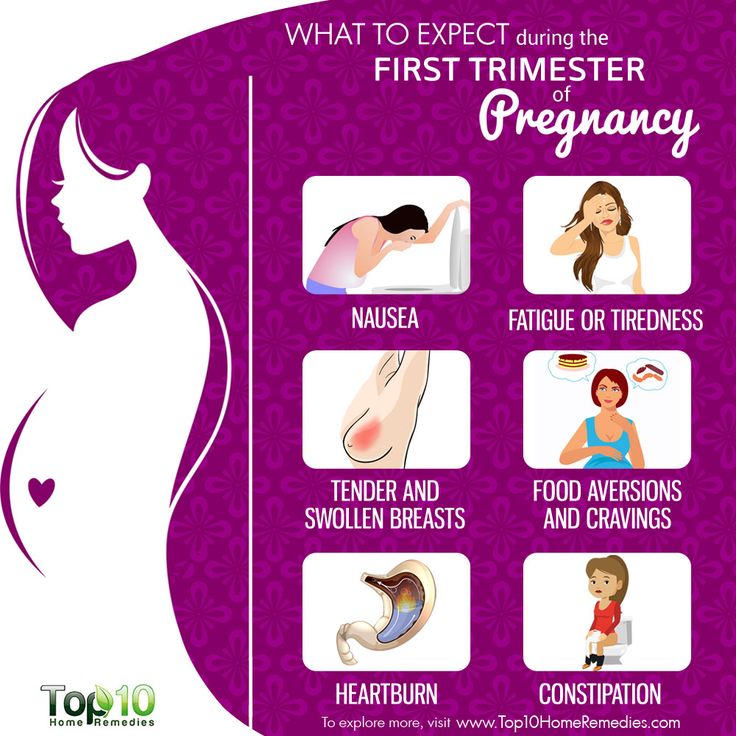 Pepper Pepper | 12 oz. | 41 mg |
| Pepsi | 12 oz | 38 mg |
| Diet Pepsi | 12 oz | 36 mg |
| Coca-Cola Classic | 12 oz | 34 mg |
| Cherry Coke | 12 oz. | 34 mg |
| Barq's Root Beer | 12 oz | 22 mg |
| 7-Up | 12 oz | 0 mg |
| Sierra Mist | 12 oz | 0 mg |
| Sprite | 12 oz | 0 mg |
| Energy drinks | Amount | Caffeine |
|---|---|---|
| Red Bull | 8.5 oz | 80 mg |
| Mountain Dew Amp Original | 16 oz | 142 mg |
| 5-Hour Energy Regular | 1.9 oz | 200 mg |
| Monster Energy | 16 oz | 160 mg |
| Rockstar Energy Original | 16 oz | 160 mg |
| Starbucks Doubleshot Energy | 15 oz | 135 mg |
| Vitaminwater Energy Tropical Citrus | 20 oz | 50 mg |
| Desserts | Amount | Caffeine |
|---|---|---|
| Hershey's Special Dark chocolate | 1 bar | 20 mg |
| Hershey's milk chocolate | 1 bar | 9 mg |
| Ben & Jerry's coffee ice cream | 2/3 cup | 65 mg |
| Dreyer's or Edy's coffee ice cream | 2/3 cup | 14 mg |
| hot cocoa mix | 8 oz | 1-3 mg |
| chocolate milk | 8 oz | 5-8 mg |
Ways to cut back on caffeine during pregnancy
While there are good reasons to cut back on caffeine during pregnancy, it's not always easy.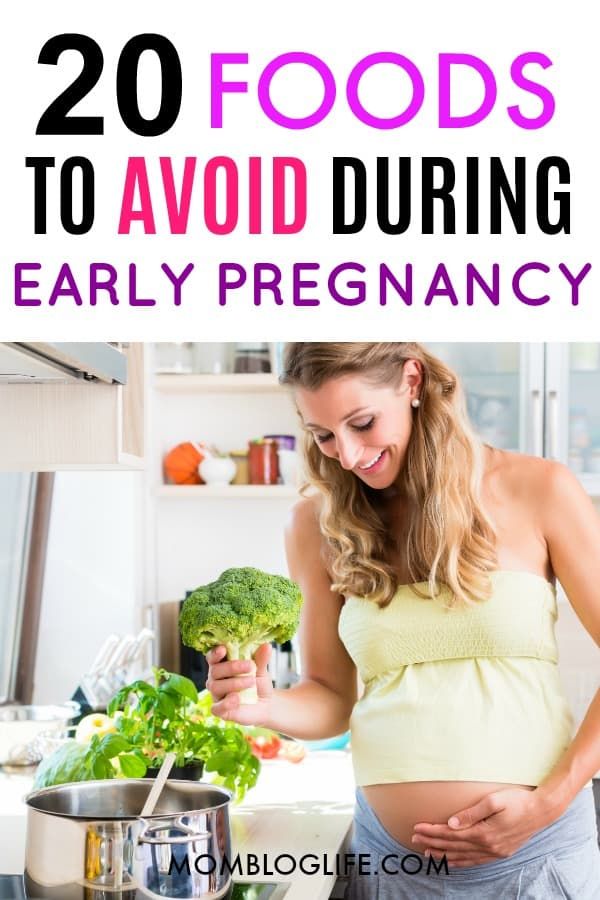 Your desire for a morning cup of joe might evaporate during the first trimester when morning sickness strikes, only to return full-strength later in pregnancy. Or, you may always have a hankering for your usual caffeinated pick-me-ups. Consider some of these tips to help you have a low-caffeine pregnancy:
Your desire for a morning cup of joe might evaporate during the first trimester when morning sickness strikes, only to return full-strength later in pregnancy. Or, you may always have a hankering for your usual caffeinated pick-me-ups. Consider some of these tips to help you have a low-caffeine pregnancy:
- Ease off gradually - If you're a devoted coffee lover, tea aficionado, or cola fan, caffeine withdrawal probably won't be easy. To lessen symptoms – which can include headaches, irritability, and lethargy – ease off gradually (but get under that 200-mg daily limit as soon as you can).
- Try mixtures for less caffeine - You may want to start by mixing decaf with your regular coffee, gradually increasing the ratio of decaffeinated to caffeinated. Or use more milk and less coffee. At home, try using a smaller amount of ground coffee (or tea leaves), or brewing for a shorter time. Letting a tea bag steep for just one minute instead of five reduces the caffeine by as much as half.
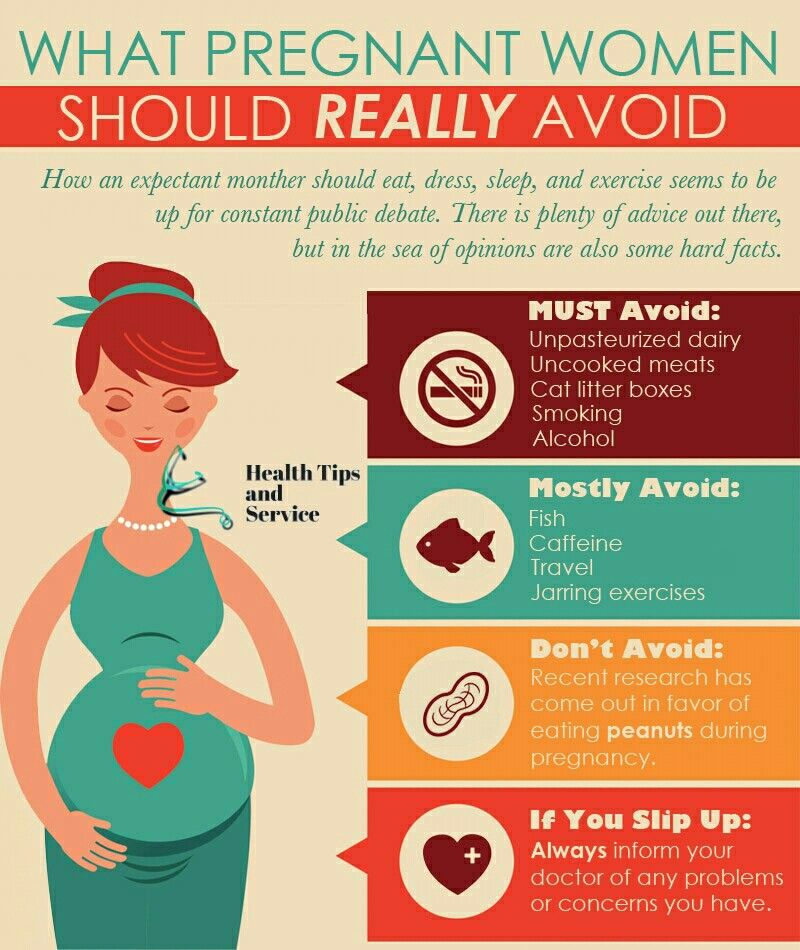
- Switch to decaf - Consider making the switch, at least for your second cup of coffee or tea. (Decaffeinated beverages may contain some caffeine, but it's usually a small amount.)
- Seek other sources of energy - Do your best to get plenty of sleep at night, go to bed early, and take rests throughout the day when you can. Eat well and exercise – even mild exercise can give you an energy boost.
Although herbal teas often have no caffeine, check with your healthcare provider before drinking them. A cup of peppermint or ginger tea is fine, but some herbal teas aren't safe for pregnancy.
Was this article helpful?
Yes
No
High caffeine consumption in the third trimester of pregnancy: gender-specific effects on fetal growth
Multicenter Study
. 2003 Oct;17(4):324-31.
doi: 10.1046/j.1365-3016.2003. 00507.x.
00507.x.
Torstein Vik 1 , Leiv S Bakketeig, Kerstin Ulla Trygg, Kari Lund-Larsen, Geir Jacobsen
Affiliations
Affiliation
- 1 Department of Community Medicine and General Practice, Medical Faculty, Norwegian University of Science and Technology, Trondheim, Norway. [email protected]
- PMID: 14629313
- DOI: 10.1046/j.1365-3016.2003.00507.x
Multicenter Study
Torstein Vik et al. Paediatr Perinat Epidemiol. 2003 Oct.
. 2003 Oct;17(4):324-31.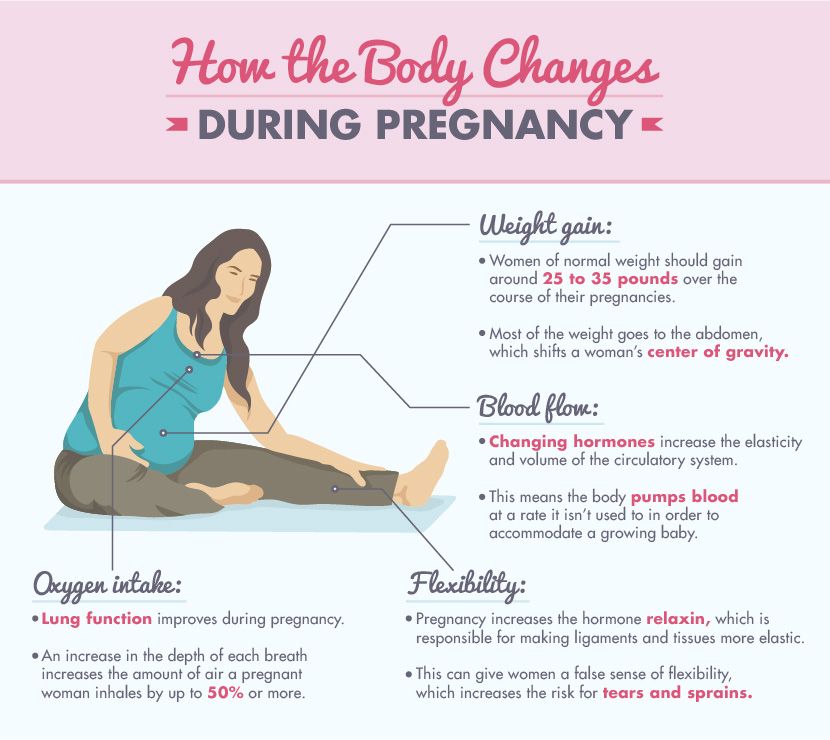
doi: 10.1046/j.1365-3016.2003.00507.x.
Authors
Torstein Vik 1 , Leiv S Bakketeig, Kerstin Ulla Trygg, Kari Lund-Larsen, Geir Jacobsen
Affiliation
- 1 Department of Community Medicine and General Practice, Medical Faculty, Norwegian University of Science and Technology, Trondheim, Norway. [email protected]
- PMID: 14629313
- DOI: 10.1046/j.1365-3016.2003.00507.x
Abstract
It has been suggested that a high caffeine intake in pregnancy may be a risk factor for fetal growth retardation. We have tested this hypothesis in a population-based case-control study. Caffeine intake among 111 mothers of small-for-gestational-age (SGA) infants (56 boys, 55 girls) was compared with the intake among 747 mothers of non-SGA infants (368 boys, 379 girls). Food records for 3 days were collected in the second (week 17-20) and in the third (week 33) trimester, and caffeine intake from coffee, tea, soft drinks and chocolate was calculated and dichotomised as low or high, based upon the median value. Mothers of SGA infants had higher mean intake of caffeine [281 +/- 210 (SD) mg/day] in the third trimester than mothers of non-SGA infants (212 +/- 150 mg/day; P < 0.001). The risk of SGA birth was nearly doubled if the mother had a high rather than a low caffeine intake in the third trimester [odds ratio (OR) 1.8; 95% confidence intervals (CI) 1.2, 2.5]. The increased risk was mainly found in boys (OR 2.8; 95% CI 1.5, 5.2), and not in girls (OR 1.2; 95% CI 0.7, 2.1). The increased risk for boys persisted after adjustment for cigarette smoking alone, or for smoking and various other SGA risk factors together.
We have tested this hypothesis in a population-based case-control study. Caffeine intake among 111 mothers of small-for-gestational-age (SGA) infants (56 boys, 55 girls) was compared with the intake among 747 mothers of non-SGA infants (368 boys, 379 girls). Food records for 3 days were collected in the second (week 17-20) and in the third (week 33) trimester, and caffeine intake from coffee, tea, soft drinks and chocolate was calculated and dichotomised as low or high, based upon the median value. Mothers of SGA infants had higher mean intake of caffeine [281 +/- 210 (SD) mg/day] in the third trimester than mothers of non-SGA infants (212 +/- 150 mg/day; P < 0.001). The risk of SGA birth was nearly doubled if the mother had a high rather than a low caffeine intake in the third trimester [odds ratio (OR) 1.8; 95% confidence intervals (CI) 1.2, 2.5]. The increased risk was mainly found in boys (OR 2.8; 95% CI 1.5, 5.2), and not in girls (OR 1.2; 95% CI 0.7, 2.1). The increased risk for boys persisted after adjustment for cigarette smoking alone, or for smoking and various other SGA risk factors together.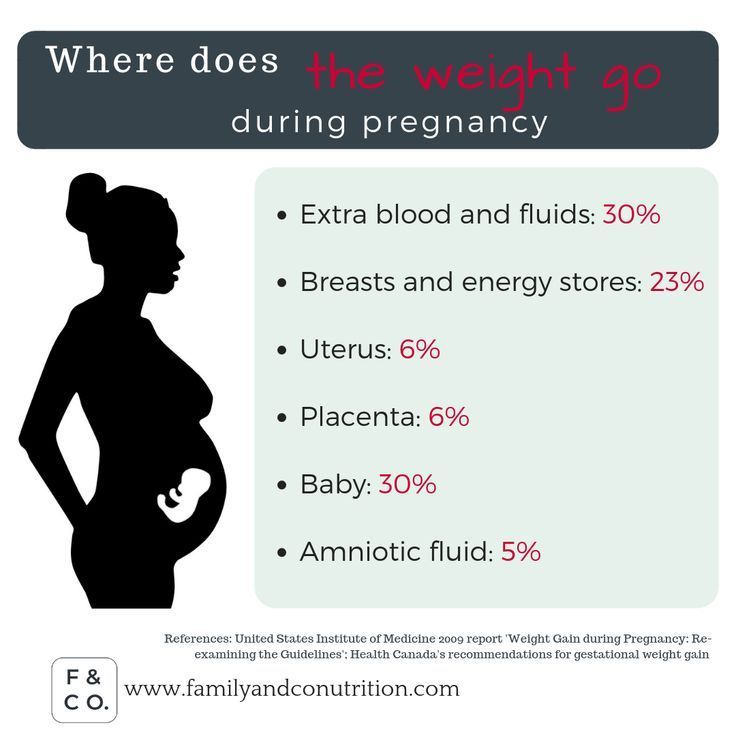 Our results suggest that a high caffeine intake in the third trimester may be a risk factor for fetal growth retardation, in particular if the fetus is a boy.
Our results suggest that a high caffeine intake in the third trimester may be a risk factor for fetal growth retardation, in particular if the fetus is a boy.
Similar articles
-
Maternal caffeine consumption and small for gestational age births: results from a population-based case-control study.
Hoyt AT, Browne M, Richardson S, Romitti P, Druschel C; National Birth Defects Prevention Study. Hoyt AT, et al. Matern Child Health J. 2014 Aug;18(6):1540-51. doi: 10.1007/s10995-013-1397-4. Matern Child Health J. 2014. PMID: 24288144 Free PMC article.
-
Relation of caffeine intake during pregnancy to intrauterine growth retardation and preterm birth.
Fortier I, Marcoux S, Beaulac-Baillargeon L.
 Fortier I, et al. Am J Epidemiol. 1993 May 1;137(9):931-40. doi: 10.1093/oxfordjournals.aje.a116763. Am J Epidemiol. 1993. PMID: 8317450
Fortier I, et al. Am J Epidemiol. 1993 May 1;137(9):931-40. doi: 10.1093/oxfordjournals.aje.a116763. Am J Epidemiol. 1993. PMID: 8317450 -
Maternal caffeine intake from coffee and tea, fetal growth, and the risks of adverse birth outcomes: the Generation R Study.
Bakker R, Steegers EA, Obradov A, Raat H, Hofman A, Jaddoe VW. Bakker R, et al. Am J Clin Nutr. 2010 Jun;91(6):1691-8. doi: 10.3945/ajcn.2009.28792. Epub 2010 Apr 28. Am J Clin Nutr. 2010. PMID: 20427730
-
Caffeine intake and low birth weight: a population-based case-control study.
Santos IS, Victora CG, Huttly S, Carvalhal JB. Santos IS, et al. Am J Epidemiol. 1998 Apr 1;147(7):620-7.
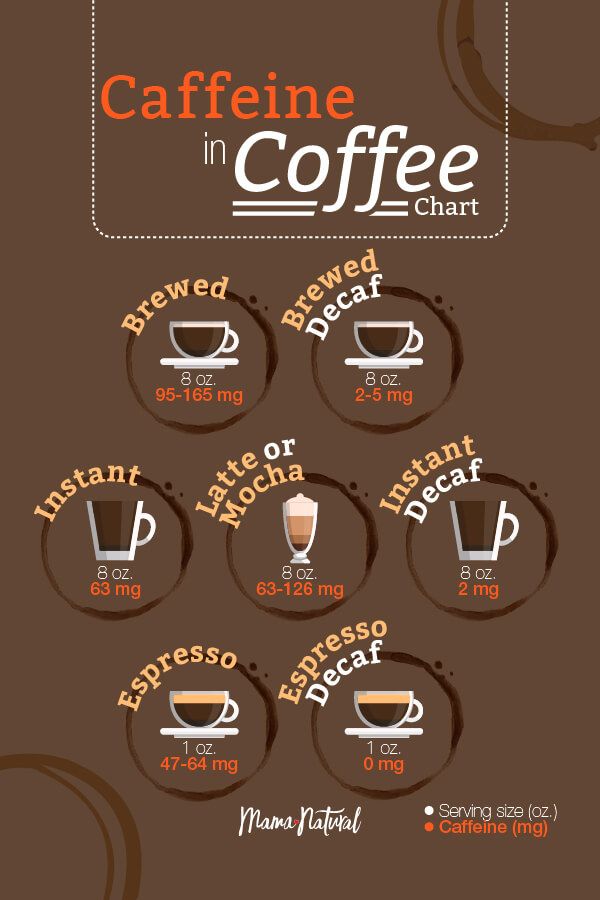 doi: 10.1093/oxfordjournals.aje.a009502. Am J Epidemiol. 1998. PMID: 9554600
doi: 10.1093/oxfordjournals.aje.a009502. Am J Epidemiol. 1998. PMID: 9554600 -
Peripartum implications of caffeine intake in pregnancy: is there cause for concern?
Kuczkowski KM. Kuczkowski KM. Rev Esp Anestesiol Reanim. 2009 Dec;56(10):612-5. doi: 10.1016/s0034-9356(09)70477-3. Rev Esp Anestesiol Reanim. 2009. PMID: 20151523 Review.
See all similar articles
Cited by
-
Non-Alcoholic Beverages, Old and Novel, and Their Potential Effects on Human Health, with a Focus on Hydration and Cardiometabolic Health.
Sikalidis AK, Kelleher AH, Maykish A, Kristo AS. Sikalidis AK, et al. Medicina (Kaunas). 2020 Sep 23;56(10):490.
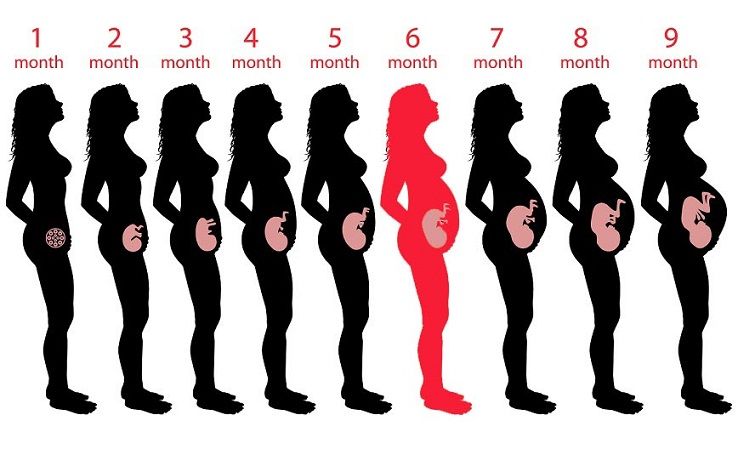 doi: 10.3390/medicina56100490. Medicina (Kaunas). 2020. PMID: 32977648 Free PMC article. Review.
doi: 10.3390/medicina56100490. Medicina (Kaunas). 2020. PMID: 32977648 Free PMC article. Review. -
Maternal Caffeine Consumption and Racial Disparities in Fetal Telomere Length.
Griffin I, Ibrahimou B, Navejar N, Aggarwal A, Myers K, Mauck D, Yusuf KK, Wudil UJ, Aliyu MH, Salihu HM. Griffin I, et al. Int J MCH AIDS. 2020;9(1):14-21. doi: 10.21106/ijma.290. Epub 2019 Dec 30. Int J MCH AIDS. 2020. PMID: 32123624 Free PMC article.
-
Placenta-on-a-Chip: In Vitro Study of Caffeine Transport across Placental Barrier Using Liquid Chromatography Mass Spectrometry.
Pemathilaka RL, Caplin JD, Aykar SS, Montazami R, Hashemi NN. Pemathilaka RL, et al. Glob Chall. 2019 Feb 18;3(3):1800112.
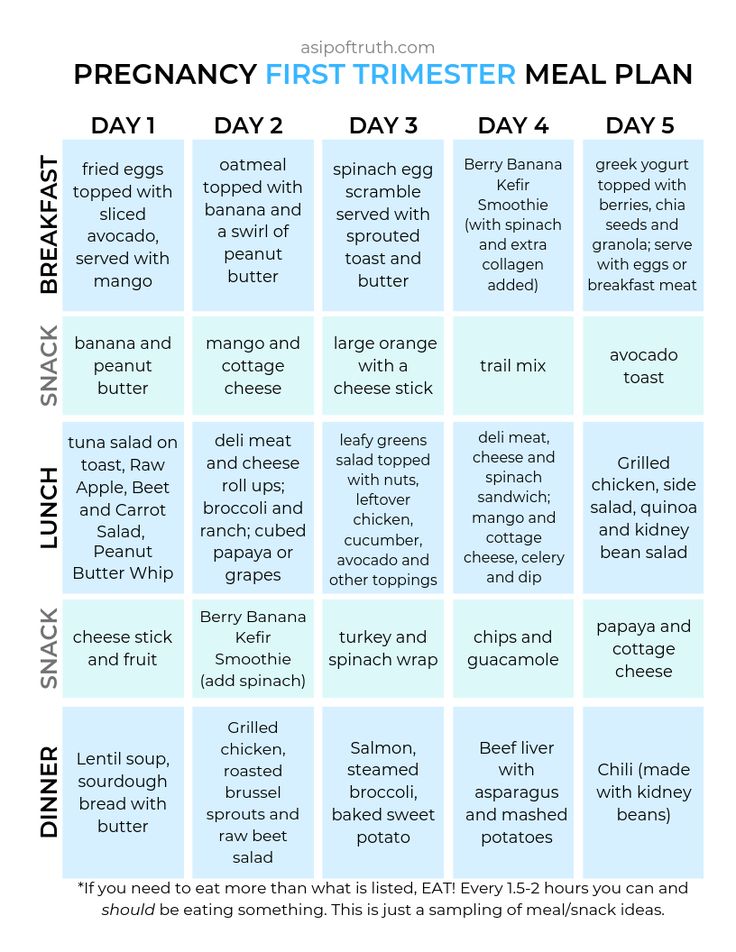 doi: 10.1002/gch3.201800112. eCollection 2019 Mar. Glob Chall. 2019. PMID: 31565368 Free PMC article.
doi: 10.1002/gch3.201800112. eCollection 2019 Mar. Glob Chall. 2019. PMID: 31565368 Free PMC article. -
The Effects of High Peripubertal Caffeine Exposure on the Adrenal Gland in Immature Male and Female Rats.
Ryu KY, Roh J. Ryu KY, et al. Nutrients. 2019 Apr 26;11(5):951. doi: 10.3390/nu11050951. Nutrients. 2019. PMID: 31035471 Free PMC article.
-
Caffeine exposure during pregnancy, small for gestational age birth and neonatal outcome - results from the Norwegian Mother and Child Cohort Study.
Modzelewska D, Bellocco R, Elfvin A, Brantsæter AL, Meltzer HM, Jacobsson B, Sengpiel V. Modzelewska D, et al. BMC Pregnancy Childbirth. 2019 Feb 26;19(1):80. doi: 10.1186/s12884-019-2215-9.
 BMC Pregnancy Childbirth. 2019. PMID: 30808339 Free PMC article.
BMC Pregnancy Childbirth. 2019. PMID: 30808339 Free PMC article.
See all "Cited by" articles
Publication types
MeSH terms
Substances
Coffee during pregnancy: a complete guide to all the do's and don'ts
When a woman sees "two lines" on her test, her life begins to change that same day. In this life, there are more good habits (timely sleep, proper nutrition, moderate exercise) and less bad habits (alcohol, smoking, sedentary lifestyle, unhealthy food). Coffee as a potentially dangerous product, around which there is a lot of controversy, often falls under the barrier of prohibitions.
Even without any pregnancy, coffee often raises a number of questions and concerns among people, so the debate around this drink is quite understandable and justified.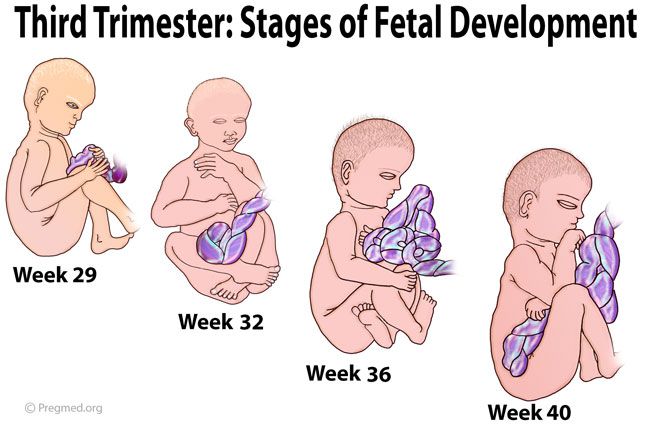 But our task is to separate myth from reality and figure out when restrictions make sense and when they are a pointless obstacle to a fulfilling joyful lifestyle.
But our task is to separate myth from reality and figure out when restrictions make sense and when they are a pointless obstacle to a fulfilling joyful lifestyle.
How does coffee affect the body of a pregnant woman?
Before talking about some special effect of coffee on a pregnant woman, let's refresh our memory of what actually happens to us when we drink coffee:
- After caffeine enters the blood, dopamine is released, which, as we remember, is responsible for a good mood. This hormone of joy very willingly “jumps out” in response to a shot of espresso or cappuccino and makes us feel good.
- Under the influence of dopamine, we find it easier to play sports, we become more enduring and notice less pain in the muscles. It also improves overall performance.
- If there is too much caffeine (read - dopamine), the suppression of serotonin production begins. This leads to increased anxiety and can provoke depression.
- In parallel, under the influence of caffeine, adrenaline is released, another hormone that is responsible for our good mood and cheerfulness.
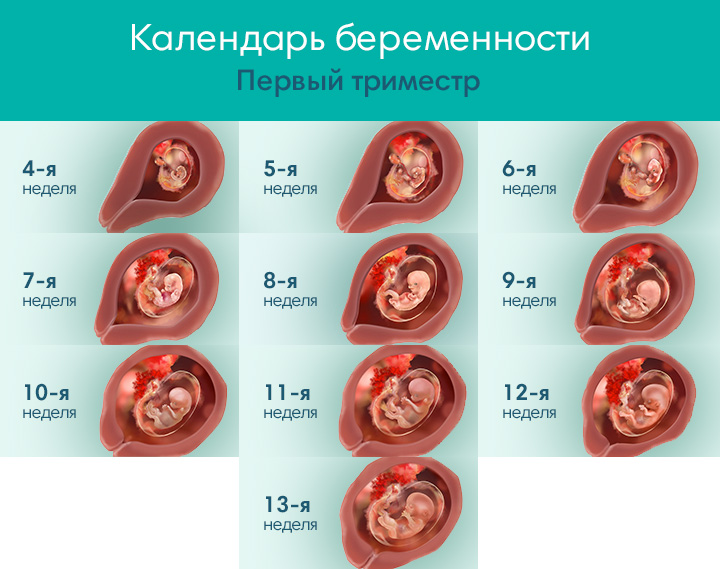
- Increased concentration.
- In most cases, coffee stimulates our heart to beat faster. The rhythm of the heartbeat accelerates and at the same time the pressure rises.
- The theophylline contained in coffee acts on the intercostal muscles and muscles of the diaphragm, as a result of which our breathing becomes more relaxed and easier.
- The excretory systems (diuretic and intestines) are stimulated - under the influence of caffeine, we feel the desire to visit the restroom faster.
- Caffeine also stimulates the nervous system. The peak of this action occurs in the first hour or two after drinking coffee, then for an average of 3-4 hours the breakdown of caffeine in the blood occurs, at which time many people have difficulty falling asleep.
What changes when a pregnant woman drinks coffee? In addition to the above phenomena, the following important parameters should be additionally indicated:
- slows down the process of removing caffeine from a woman's body;
- increased fetal heart rate;
- increased fetal activity;
- Excessive use creates possible risks for the child.

It is the last item on this list that is cause for concern and doubt about the admissibility of coffee in the diet of a pregnant woman. Below we describe in detail what these risks are and in what cases concerns can be justified.
Can pregnant women drink coffee?
Let's start with a high-profile peer-reviewed study published in the BMJ Evidence-Based Medicine. Professor Jack James from Reykjavik University in Iceland conducted a series of studies in 2020 and concluded that there is no safe level of caffeine intake for pregnant women: even the smallest amount can negatively affect the development of the fetus. However, Mr. James' colleagues from other countries categorically disagree with him. The National Health Service, the European Food Safety Authority, and the American and British Colleges of Obstetricians and Gynecologists recommend limit but not eliminate caffeine intake during pregnancy . The research paper was deemed "too panicky" and inconsistent with the accepted evidence.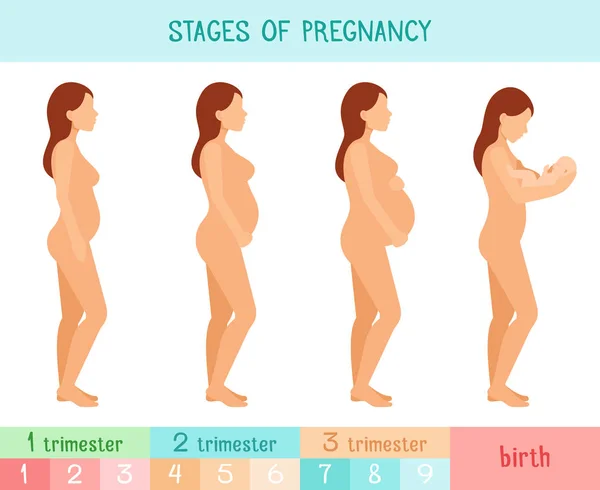
“There are so many do's and don'ts associated with pregnancy, and the last thing we want to do is cause unnecessary worry. After all, women need to be sure that caffeine can be consumed in moderation during pregnancy,” says Dr. Luc Grzeskowiak, a pharmacist at the University of Adelaide in Australia.
Most doctors around the world agree that drinking up to 200 mg of caffeine per day (1-2 cups of coffee) is a perfectly acceptable limit that will not harm either mother or child.
When thinking about the amount of caffeine consumed per day, it is very important to remember that it is added not only from your cups of cappuccino, but also from other products (energy drinks, tea, cola, chocolate, cocoa).
The World Health Organization confirms that excess caffeine intake may be associated with problems (fetal growth restriction, birth weight loss, preterm birth or stillbirth).
Is coffee allowed in early pregnancy (first trimester)?
The first trimester is the time when the foundation of the future life is laid, the most exciting and unpredictable.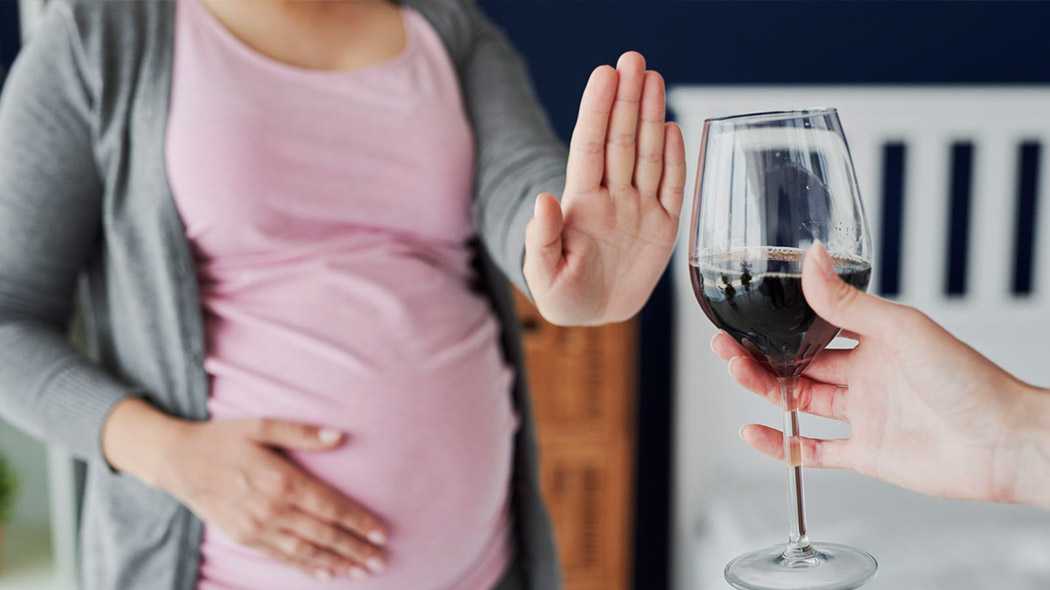 It is during this period that most miscarriages occur. And if we talk about coffee, then, according to studies, such miscarriages in the early stages are indeed more common in women who drink this drink often and a lot. However no one can say for sure whether high caffeine intake is a threat to the fetus or whether constant coffee consumption is a marker of a failed pregnancy (increased aversion to coffee, along with nausea and vomiting, is a feature of a healthy pregnancy).
It is during this period that most miscarriages occur. And if we talk about coffee, then, according to studies, such miscarriages in the early stages are indeed more common in women who drink this drink often and a lot. However no one can say for sure whether high caffeine intake is a threat to the fetus or whether constant coffee consumption is a marker of a failed pregnancy (increased aversion to coffee, along with nausea and vomiting, is a feature of a healthy pregnancy).
Thus, we conclude that for a healthy woman with a healthy pregnancy, moderate coffee consumption is quite acceptable .
Can I drink coffee during the second trimester?
The second trimester is the quietest time for a future mother: by this moment the most dangerous milestones have been passed and there is no need to be afraid for the child's viability. Often it is during this period that all those strange and unexpected taste preferences of pregnant women fall, and coffee often becomes such an object of desire.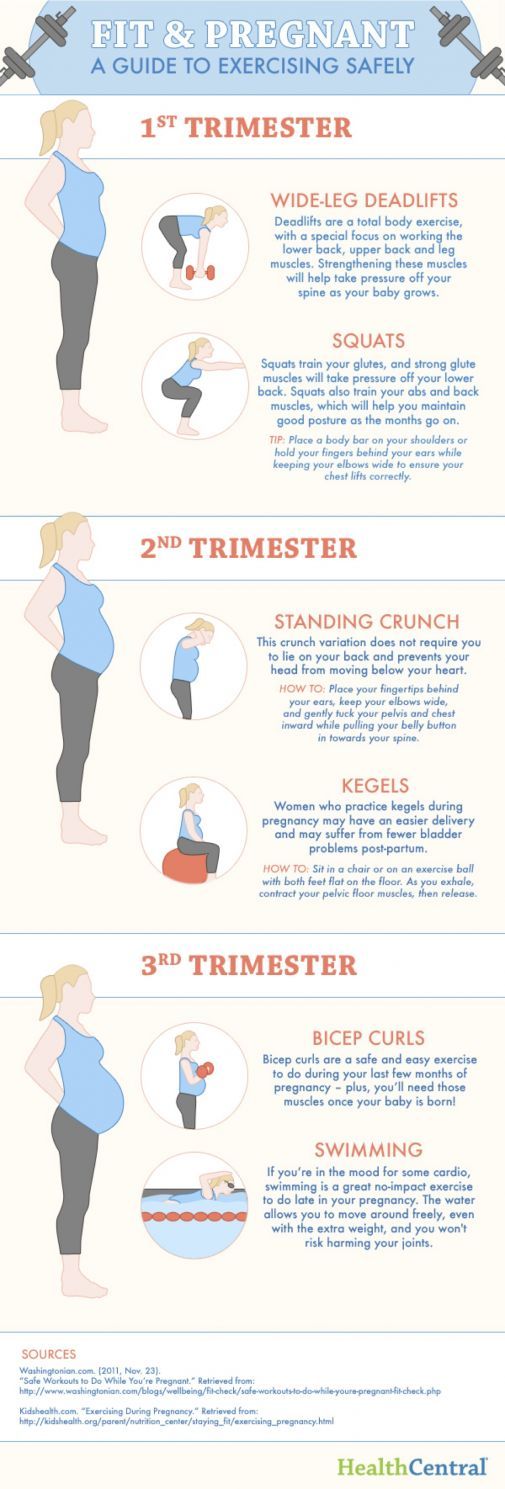 If you do not have strict medical contraindications, you can continue to drink your favorite drink without any worries. The main thing is not to get carried away (remember about 200 mg of caffeine per day). To be completely calm, dilute coffee with milk. To minimize the risks, doctors recommend drinking your coffee in the morning.
If you do not have strict medical contraindications, you can continue to drink your favorite drink without any worries. The main thing is not to get carried away (remember about 200 mg of caffeine per day). To be completely calm, dilute coffee with milk. To minimize the risks, doctors recommend drinking your coffee in the morning.
Is coffee allowed in late pregnancy (3rd trimester)?
The last trimester again increases the risk that the baby will leave the mother's body earlier than necessary, so if you are not sure about your health and the health of the fetus, it is better to reduce coffee consumption to a minimum at this time. Many studies indicate that in the third trimester of pregnancy, coffee had a negative effect on the condition of the child (premature birth, miscarriage). On the other hand, scientists tend to assume that mothers who drink a lot of coffee in late pregnancy also allow themselves other questionable products (alcohol, tobacco), and this greatly distorts the picture of research.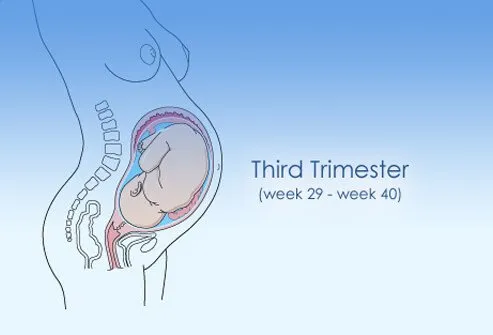
Benefits and harms of coffee for pregnant women
As we have already found out, many studies have shown that it is unwise to drink coffee (or in general any drink containing caffeine) during pregnancy in large quantities. Unfortunately, the publication of this information at one time gave rise to a lot of rewritten materials in which it was no longer possible to trace the connection with the original and see the important mention of the amount of caffeine. Meanwhile, in the case of coffee and pregnancy, the most important thing is not to overdo it (as, indeed, in many other areas of our lives).
Benefits of coffee during pregnancy
Coffee has many pleasant and beneficial effects that do not disappear when a pregnant woman drinks it. So, for example, coffee for pregnant women with low blood pressure might be a good idea. Thanks to the effect of caffeine, the pressure rises and the well-being of the expectant mother improves.
Coffee with milk will also benefit pregnant women: it is a good source of calcium, which is so necessary for the harmonious development of the child and maintaining the health of the mother. Latte is an ideal coffee drink during pregnancy: milk takes up more cup volume, which simultaneously reduces the effect of caffeine and replenishes calcium stores.
Latte is an ideal coffee drink during pregnancy: milk takes up more cup volume, which simultaneously reduces the effect of caffeine and replenishes calcium stores.
Coffee is an effective remedy against edema characteristic of pregnant women (diuretic effect).
Do not forget that it is useful for pregnant women to be in a good mood, and coffee certainly helps to lift it.
Harm of coffee during pregnancy
As we remember, there is a version that caffeine consumption during pregnancy can increase the likelihood of infertility, birth defects, miscarriage, stillbirth, premature birth and fetal growth retardation. However, this version is not sufficiently proven.
But we know for sure that coffee will be harmful to pregnant women who are prone to hypertension (high blood pressure) and tachycardia (rapid heartbeat), as well as to those who have a lack of calcium, potassium and phosphorus (caffeine does little to flush out these elements). Also, coffee is contraindicated in women with hypertonicity (additional stimulation with caffeine can really cause a miscarriage).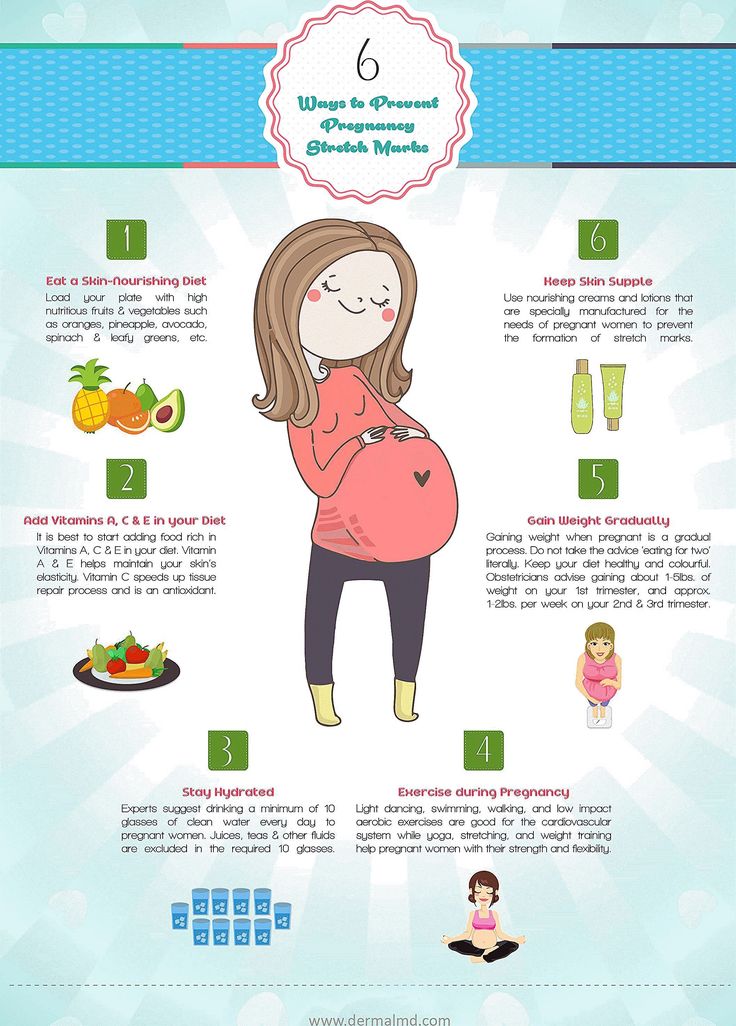
Another unpleasant consequence of taking coffee by pregnant women is additional stimulation of the excretory systems. Not a very pleasant thing, given that a woman in position already wants to go to the toilet more often than usual. However, any drink stimulates our kidneys to work more actively, so this is a controversial argument "against".
Which coffee is safer during pregnancy?
If you are not ready to give up coffee, but want to minimize the possible risks, it is worthwhile to figure out in advance which type of coffee is best for you.
Natural bean coffee
Classic bean coffee has the highest caffeine content, especially if the coffee is made in Turkish and the blend includes a high percentage of Robusta (this type of coffee has almost twice as much caffeine as Arabica). It is worth drinking no more than one cup a day, and also pay attention to the content of the blend (the ratio of robusta to arabica).
A standard cup of Americano (70 ml.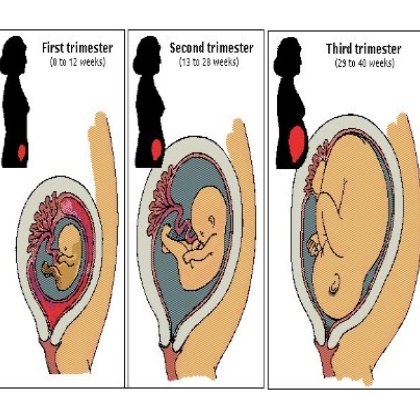 ), Espresso (30 ml.) or Cappuccino (180 ml.) contains about 50-70 mg of caffeine (they use the same amount of coffee - 1 shot).
), Espresso (30 ml.) or Cappuccino (180 ml.) contains about 50-70 mg of caffeine (they use the same amount of coffee - 1 shot).
Instant coffee
Instant coffee in most cases contains less caffeine than coffee beans. Doctors believe that a pregnant woman can afford up to two servings of such a drink. 1 teaspoon (without a slide) of instant coffee contains 30–50 mg of caffeine.
Decaffeinated coffee
Perhaps the safest option is for those who value aroma and ritual more than the effect they produce. In decafe, caffeine is removed by 97-99%, which means that any risks are reduced to almost zero. One serving of decaffeinated coffee contains 3 to 6 mg of caffeine.
Alternative to coffee
If for some reason coffee is contraindicated for you (even decaffeinated), but you want to keep your favorite ritual, you can always try to make a replacement and try drinks made from chicory or barley grain. They do not contain caffeine at all.
To summarize
If the pregnant woman and her unborn child have no health problems, it is acceptable to drink 1-2 cups of coffee per day with a total caffeine content of no more than 200 mg*.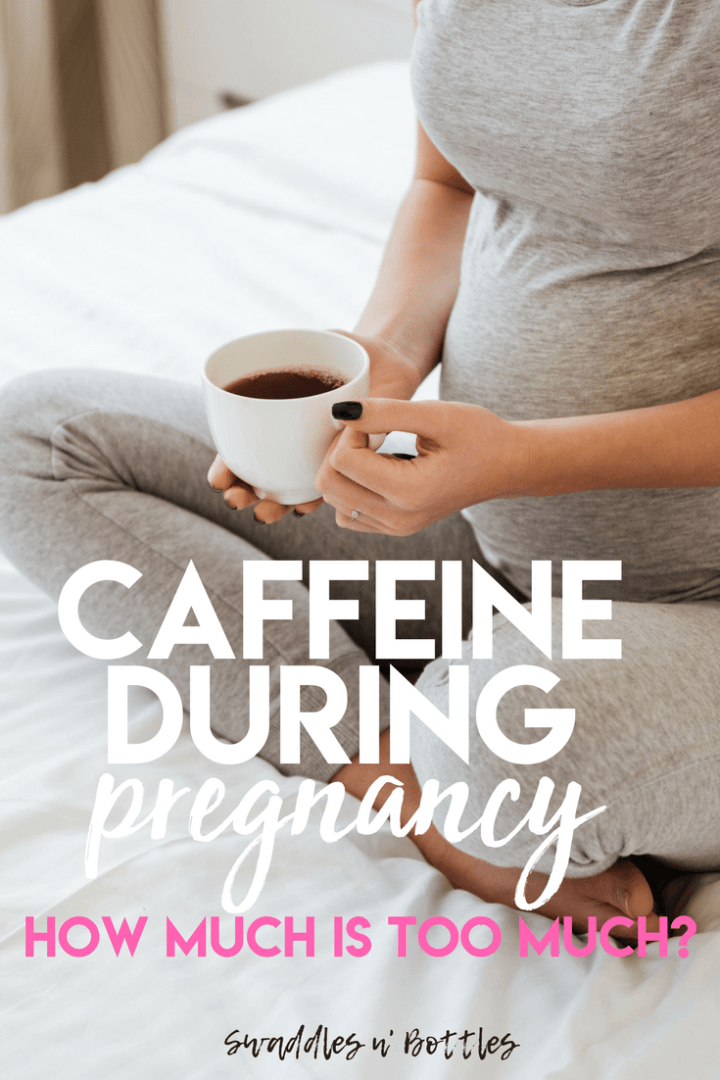 At the same time, it is better to choose coffee drinks with dairy products (cappuccino, latte, raf), beware of strong coffee and choose the morning time to enjoy your favorite elixir of vigor.
At the same time, it is better to choose coffee drinks with dairy products (cappuccino, latte, raf), beware of strong coffee and choose the morning time to enjoy your favorite elixir of vigor.
Women with the following diagnoses should refrain from coffee: fetoplacental insufficiency, preeclampsia, anemia, hypertension, lack of appetite, gastrointestinal diseases, tachycardia, insomnia, toxicosis.
*This article summarizes the best studies of evidence-based medicine over the years. However, it is not a guide to action, so before allowing yourself coffee during pregnancy, be sure to check with your doctor.
Coffee and pregnancy: pros and cons
No one is as scrupulous about their taste preferences as expectant mothers. They know what is bad and what is good. And only one question remains unresolved: can pregnant women drink coffee or not? Every woman who is expecting a child must solve this dilemma herself.
Caution! First trimester
The main thing in this situation is to correctly prioritize. If it is decided that you can drink coffee during pregnancy, then you need to find out how the drink will affect the fetus. After all, the child “eats” with his mother. The nervous system of a woman is excited, and this condition is transmitted to the crumbs in her stomach. In general, the first three months of the "interesting position" should be the most careful in drinking the drink.
If it is decided that you can drink coffee during pregnancy, then you need to find out how the drink will affect the fetus. After all, the child “eats” with his mother. The nervous system of a woman is excited, and this condition is transmitted to the crumbs in her stomach. In general, the first three months of the "interesting position" should be the most careful in drinking the drink.
Even an experienced doctor will not tell if pregnant women can drink coffee. But he will definitely tell what happens to the fetus in the first trimester. And this is what happens:
- the skeleton and bones are formed;
- internal organs begin to develop;
- the rudiments of the nervous system appear.
Considering that the drink washes out calcium, and caffeine leads to excitement, it will bring a lot of harm to the child. Moreover, it is at the beginning of pregnancy that a miscarriage is possible, since the tone of the uterus increases.
Coffee contraindications for expectant mothers
Arguing over whether coffee is allowed during pregnancy is a thankless task.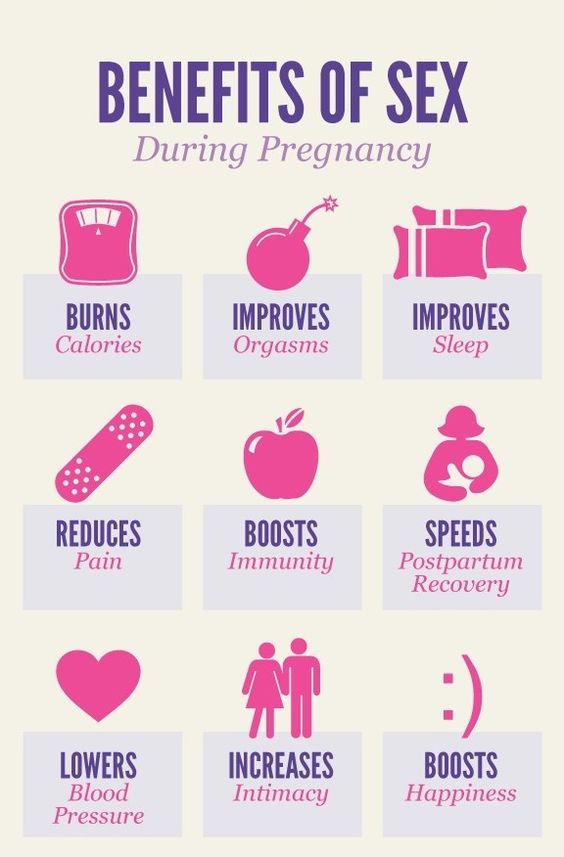 You need to look at the facts. There are reasons why the drink is generally contraindicated. These include:
You need to look at the facts. There are reasons why the drink is generally contraindicated. These include:
- hypertension: caffeine aggravates the condition;
- diseases of the gastrointestinal tract: coffee contains an acid that corrodes the mucous membrane;
- kidney diseases: pathologies are fraught with dehydration and exhausting urination.
We must be careful: unnecessary excitement and poor sleep also negatively affect the condition of the expectant mother.
Those who advocate that you can drink coffee during pregnancy in the second trimester are also wrong. Yes, this is a relatively calm time for both: for mom and baby. However, the abuse of the drink will not lead to good. It is impossible to insure against bone anomalies during this period. It is better to make a choice in favor of hot chocolate or tea.
A woman in position, who loves a fragrant drink, must decide for herself whether it is possible to drink coffee during pregnancy. Each new segment in the life of the fetus becomes more and more responsible. The last three months are considered the most dangerous. The formed central nervous system also begins to react powerfully to caffeine. The response will be vasoconstriction, lack of oxygen in the child, premature birth.
Each new segment in the life of the fetus becomes more and more responsible. The last three months are considered the most dangerous. The formed central nervous system also begins to react powerfully to caffeine. The response will be vasoconstriction, lack of oxygen in the child, premature birth.
Exceptions to the rules
It is believed that coffee with milk is more beneficial for pregnant women: the loss of calcium is compensated. This is better than a black drink, but the stomach and blood vessels will suffer in any case. So what? Choose decaffeinated coffee? Give up coffee for the entire nine months? Not for everyone, but some deviations from the rules are allowed.
If the expectant mother feels well, does not have the health problems mentioned above, she can afford:
- no more than one cup per day;
- natural ground coffee only;
- cream or milk for a drink - without fail;
- in the morning, after a hearty breakfast, not on an empty stomach;
- under reduced pressure, but with the permission of a doctor.
